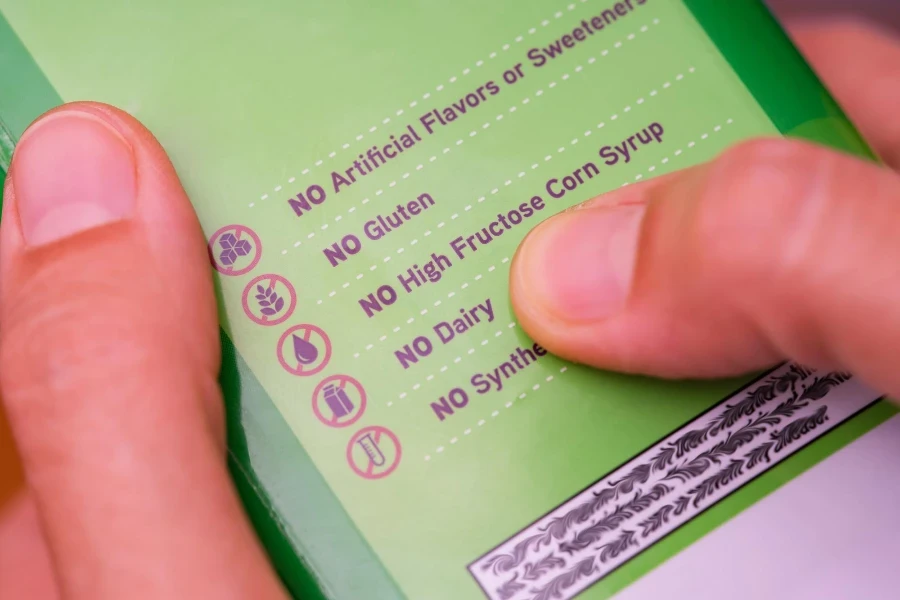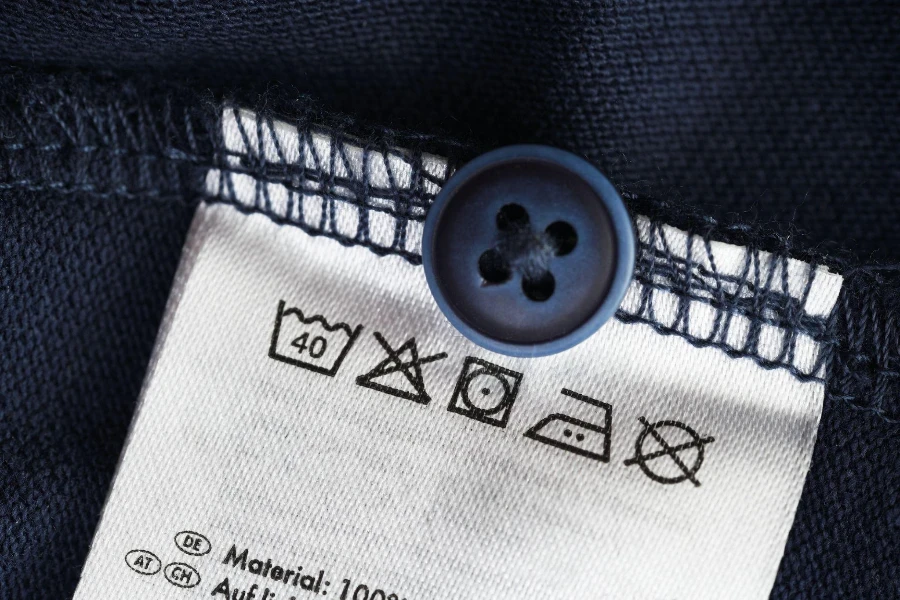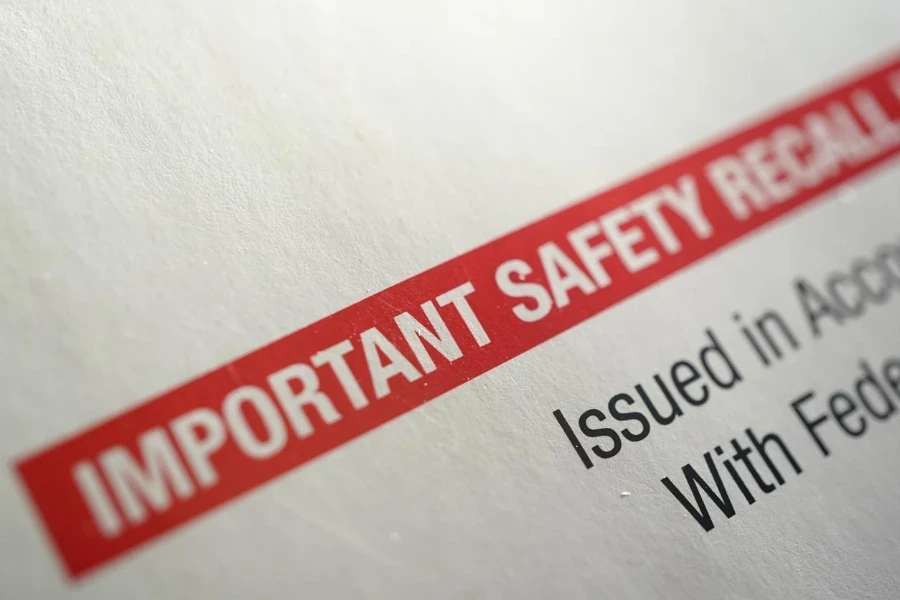The concept of Private Label has been transforming the retail landscape, offering businesses a unique opportunity to brand generic products as their own. This guide delves into the intricacies of Private Label, unraveling its significance and how it stands as a pivotal strategy for businesses aiming to carve their niche in the competitive market. From understanding its foundation to exploring its benefits and challenges, this article aims to equip you with the knowledge to leverage Private Label for your business effectively.
Table of Contents:
– What is Private Label?
– The benefits of going Private Label
– How to start with Private Label
– Challenges in Private Label
– The future of Private Label
What is Private Label?

Private Label refers to products manufactured by one company but branded and sold under another company’s brand. It’s a strategy allowing retailers to offer something distinctive to their customers, setting themselves apart from competitors. This model spans various industries, from food and beverages to cosmetics and clothing, reflecting its versatility and broad appeal.
The process begins with a retailer identifying a demand in their market that is not being met by existing products. They then partner with a manufacturer to produce the item, which will carry the retailer’s branding. This approach not only enhances brand loyalty among consumers but also allows for higher profit margins, as the intermediary costs are significantly reduced.
Understanding Private Label requires recognizing its role in today’s consumer market. It’s not just about offering cheaper alternatives to national brands; it’s about creating quality products that resonate with the retailer’s brand identity and values. This alignment between product and brand is what ultimately drives the success of Private Label items.
The benefits of going Private Label

Private Label products offer a myriad of benefits, both to retailers and consumers. For retailers, the most apparent advantage is the control it provides over pricing, marketing, and product development. This control enables retailers to respond more swiftly to market changes and consumer preferences, a flexibility that is often lacking with national brands.
Moreover, Private Label allows for higher profit margins. Since the products are sourced directly from the manufacturer without the need for a middleman, retailers can enjoy a larger share of the profit pie. Additionally, by offering unique products not available elsewhere, retailers can foster a sense of brand loyalty among their customer base, encouraging repeat business.
For consumers, Private Label offers quality products at a more affordable price point. With the focus on matching or exceeding the quality of national brands, consumers no longer view Private Label products as mere alternatives but as preferable choices due to their value for money.
How to start with Private Label

Entering the world of Private Label requires careful planning and strategic thinking. The first step is market research to identify gaps in the current offerings and understand consumer needs. This research will guide the product selection process, ensuring that the products chosen have a ready market.
Next, finding a reliable manufacturer is crucial. This partnership will be the foundation of your Private Label strategy, so it’s essential to select a manufacturer that not only produces quality products but also aligns with your business values and goals.
Finally, branding and marketing your Private Label products are vital. The brand should resonate with your target audience, conveying quality and reliability. Effective marketing strategies will introduce your products to the market and help build a loyal customer base.
Challenges in Private Label

Despite its numerous benefits, launching a Private Label line is not without its challenges. One of the primary hurdles is the initial investment required. Developing a product, even one that’s manufactured by a third party, involves considerable costs, from research and development to branding and marketing.
Another challenge is the competition with national brands. These brands have the advantage of widespread recognition and consumer trust, which Private Label products must work hard to achieve. Building a brand from scratch requires time, effort, and a deep understanding of your target market.
Quality control is also a significant concern. As the retailer, your brand’s reputation is on the line with every product you sell. Ensuring consistent quality and addressing any issues promptly is essential to maintaining consumer trust and loyalty.
The future of Private Label

The future of Private Label looks promising, with trends indicating a continued rise in consumer acceptance and market share. As technology advances, so do the opportunities for innovation in product development, marketing, and distribution. The growing emphasis on sustainability and ethical production is also driving more consumers towards Private Label products, which often offer more transparency in their sourcing and manufacturing processes.
Moreover, the rise of e-commerce has made it easier for retailers to launch and promote their Private Label lines, reaching a wider audience than ever before. As consumers increasingly value uniqueness and quality over brand name alone, the potential for Private Label products to dominate the market grows.
Conclusion:
Private Label offers a world of opportunities for retailers looking to differentiate themselves in a crowded market. While it comes with its challenges, the benefits of higher profit margins, brand loyalty, and product control make it a strategy worth considering. As the retail landscape evolves, Private Label will undoubtedly play a significant role in shaping the future of e-commerce.



